This piece was originally published on Project Syndicate on June 16, 2017.
By some estimates, automation threatens over half of all jobs in OECD countries. And now that the employment challenge is coming into focus, the scramble for solutions has begun.
For example, Bill Gates has called for a tax on robots, which could slow the pace of automation, and efforts to fund other types of human-centered employment. Former US Treasury Secretary Lawrence Summers, on the other hand, warns that such a tax would impede innovation. Others argue that governments should simply subsidize low-income workers’ wages.
What these perspectives on labor-replacing technologies share is a tendency to focus on advanced economies. But automation poses a very real threat to jobs in developing economies, too. In Africa, in particular, a burgeoning cohort of young people – 11 million entering the job market every year – is compounding the threat. Without careful policy planning, the continent’s anticipated demographic windfall could turn out to be a ticking time bomb.
As the costs of automation fall relative to manufacturing wages, and as global industrial production becomes less labor-intensive, Africa will lose some of the advantages that it is currently counting on. In the future, it may not be able attract manufacturers who are seeking to capitalize on abundant, low-cost labor. Many in the region are now worried that they will reap little from this fleeting period of industrialization, and that current demographic, social, and economic trends could lead to security and humanitarian crises in the future.
Wage competitiveness has long been a catalyst for successful industrialization. Since the Industrial Revolution in the West, Japan, several East Asian countries, and now China have all undergone large-scale industrialization, partly because they had competitive wages. And now that wages in China are rising, labor-intensive manufacturing firms are shifting their operations to other low‑wage countries such as Bangladesh.
With its ample low-cost labor supply, Africa also could attract these firms. But industry only accounts for about 10% of Africa’s total employment, and the advent of automation has altered its relative cost advantage.
To be sure, Africa owes its lack of industrialization more to structural factors such as unfavorable investment climates, insufficient infrastructure, and wayward industrial policies. But, at this point, even if African policymakers were to accelerate and implement the right reforms, the accelerating pace of automation would still undermine industrialization. Robots are becoming both less expensive and more efficient, while manufacturers need to make up for labor shortages in several advanced and emerging economies.
China and other emerging economies may also lose some jobs as firms in advanced economies reverse outsourcing and move manufacturing operations closer to home. But China has identified automation as a strategic priority, and is now developing its own robotics industry in order to stay ahead of its rising labor costs and aging population. From 2012 to 2015, the number of industrial robots in China more than tripled, to 65,000.
Increased global production and falling technology costs could strike a severe blow to Africa, where economic development is likely to stall without industrialization and the expanding youth bubble shows no sign of deflating. According to current projections, Africa’s working-age population will grow substantially over the next century, while that of the rest of the world shrinks. It will be incumbent on African governments to implement forward-looking labor-market policies to invest in human capital, and, most important, to create jobs in labor-intensive manufacturing. Otherwise, Africa will have the world’s largest population of unemployed and frustrated youths.
The impact is already apparent. As Africa’s workers seek better opportunities, they are flocking to cities faster than those cities can absorb them, leading to the proliferation of slums in urban areas and a flood of illegal migration to the West. As the demand for education, health care, and other public services continues to grow, social pressures will continue to mount. And without economic security, some young people will resort to illegal activities, or fall prey to extremist groups exploiting their desperation.
African policymakers should keep these demographic and economic trends in mind as they formulate their national development plans. The region can still harness its demographic dividend, but it is now in a race against the machines.
The machines are clearly gaining ground. Although taxing them may slow their diffusion, policymakers would be well advised to move beyond stopgap measures and accelerate the implementation of inclusive growth agendas. The rest of the world should support Africa in this race. A successful Africa would be a global good. Failure, on the other hand, would pose a severe threat to our collective security, and to human development generally.
The Brookings Institution is committed to quality, independence, and impact.
We are supported by a diverse array of funders. In line with our values and policies, each Brookings publication represents the sole views of its author(s).
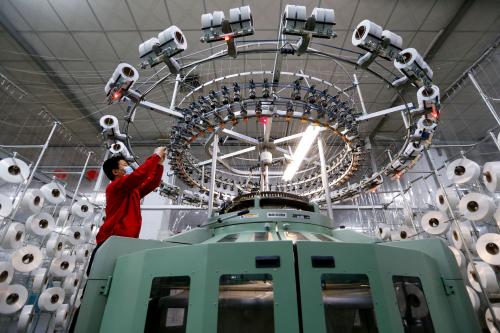
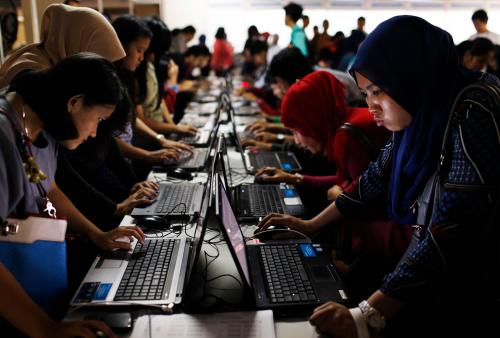
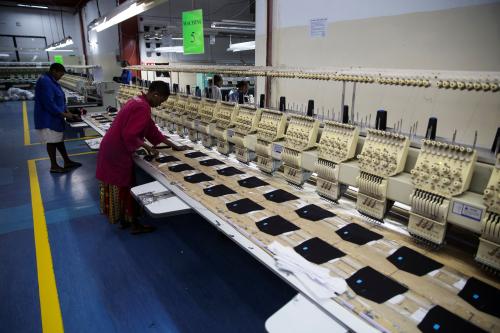
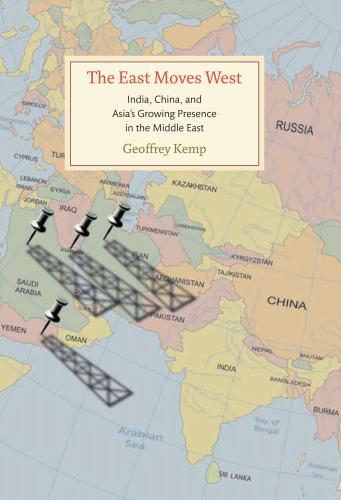

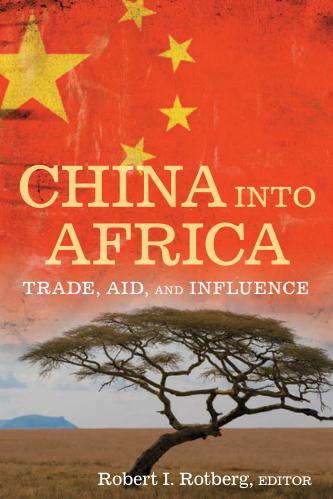




Commentary
Op-edAfrica’s Race Against the Machines
June 16, 2017